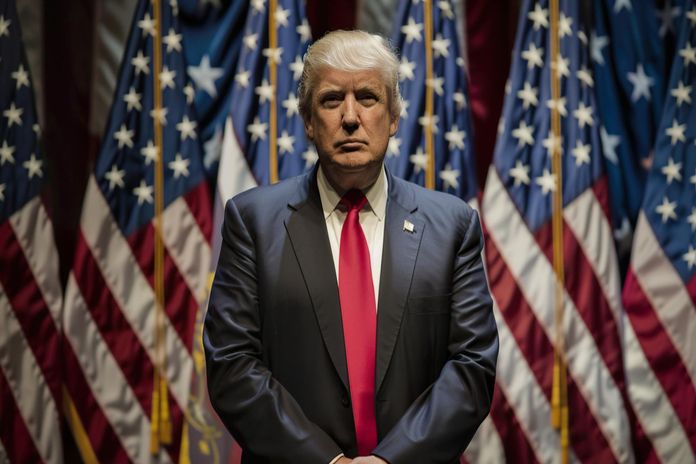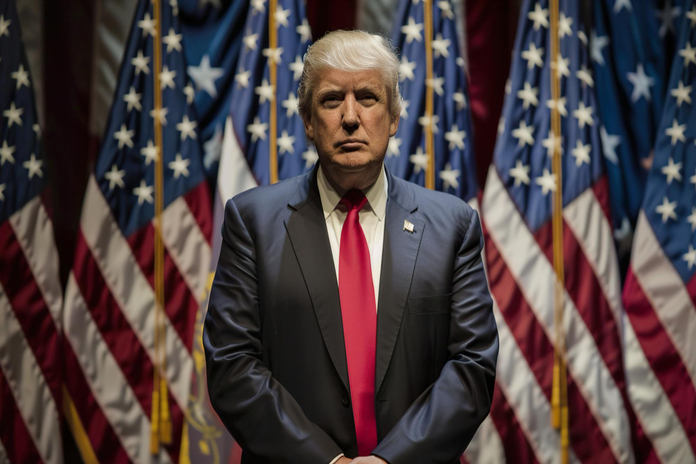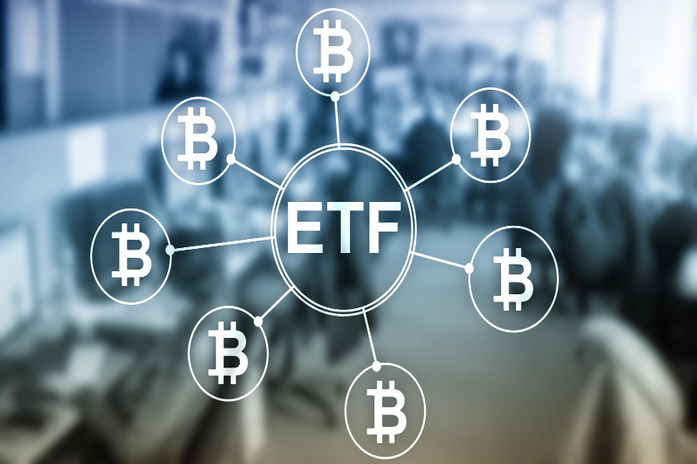The search for the best cheap crypto to buy has never been more intense. With Bitcoin dominance surging and over $33 billion in stablecoin liquidity waiting on the sidelines, savvy investors are turning their attention to promising crypto presales backed by solid fundamentals and strong tokenomics.
According to Ian Balina, CEO of Token Metrics, the best way to identify potential 100x tokens is to focus on quality, tokenomics, and valuation. In that spirit, here are four standout projects that combine utility, early-stage access, and strong investor demand.
1. Solaxy (SOLX): A Layer-2 Solution Scaling Solana
Solaxy is rapidly gaining recognition as the best cheap crypto to buy for investors seeking real infrastructure value. Built as a Layer-2 protocol on the Solana blockchain, Solaxy tackles congestion issues head-on with rollup technology that processes transactions off-chain and settles them in batches.
Solana’s network (SOL-USD) often slows during major events—but Solaxy’s testnet has already shown it can scale throughput dramatically. With $53.8 million raised in its presale, investor interest is clearly strong.
The SOLX token offers up to 78% APY for stakers and will power an entire ecosystem, including its own decentralized exchange (DEX) and token launchpad. With a product already in testing and deep integration into Solana’s architecture, Solaxy is not just a presale—it’s a foundational piece of crypto’s next evolution.
2. BTC Bull Token ($BTCBULL): Meme Hype with Bitcoin Utility
BTC Bull Token is redefining what a meme coin can be. Unlike most hype-driven tokens, this one ties its value directly to Bitcoin (CRYPTO:BTC). As BTC reaches key price milestones like $125K or $250K, BTC Bull Token will distribute Bitcoin airdrops and implement token burns to reduce supply.
That structure creates a powerful feedback loop of demand, reward, and scarcity. The project has already raised $7.2 million and staking offers a 56% APY—great for those looking for passive income.
With exchange listings coming soon and a model aligned with Bitcoin’s upward trajectory, BTC Bull Token stands out as one of the best cheap cryptos to buy for bullish BTC believers.
3. Best Wallet ($BEST): All-in-One Crypto Super App
Best Wallet is emerging as a decentralized answer to central bank digital currencies. This privacy-first, non-custodial wallet supports 60+ blockchains and offers integrated swaps, staking, and portfolio tracking.
The upcoming Best Card, a crypto debit card, will allow seamless spending of digital assets. The real opportunity lies in the $BEST token, currently in presale. It unlocks lower platform fees, governance voting rights, and early access to new launches.
At just $0.025195 now and a projected year-end value of $0.072, the upside is clear. With real utility and growing user demand, Best Wallet could become a staple of the Web3 ecosystem.
4. SUBBD ($SUBBD): A New Model for the Creator Economy
SUBBD is targeting one of the most lucrative niches in tech: the creator economy. By allowing influencers to mint their own tokens and build monetized fan communities, SUBBD bypasses centralized platforms like YouTube and Patreon.
The $SUBBD token fuels this new ecosystem. Fans use it to access exclusive content, vote on creator decisions, and participate in private groups. That engagement creates built-in demand, and because the product is already live, it offers real-world functionality—not just theoretical value.
SUBBD’s low-volatility model and growing user base make it one of the best cheap cryptos to buy for those looking to tap into a booming creator-led movement.
Why These Are the Best Cheap Cryptos to Buy Now
What makes these projects stand out isn’t just hype—it’s their alignment with real-world use cases, investor incentives, and macro trends. Solaxy tackles scalability, BTC Bull Token rewards Bitcoin loyalty, Best Wallet protects privacy, and SUBBD empowers creators.
In a market defined by rising institutional interest and expanding liquidity, these presale tokens offer something rare: early access to next-generation solutions at deep discounts.
For investors seeking the best cheap crypto to buy today, these four names could represent 100x opportunities—not just speculative trades.











